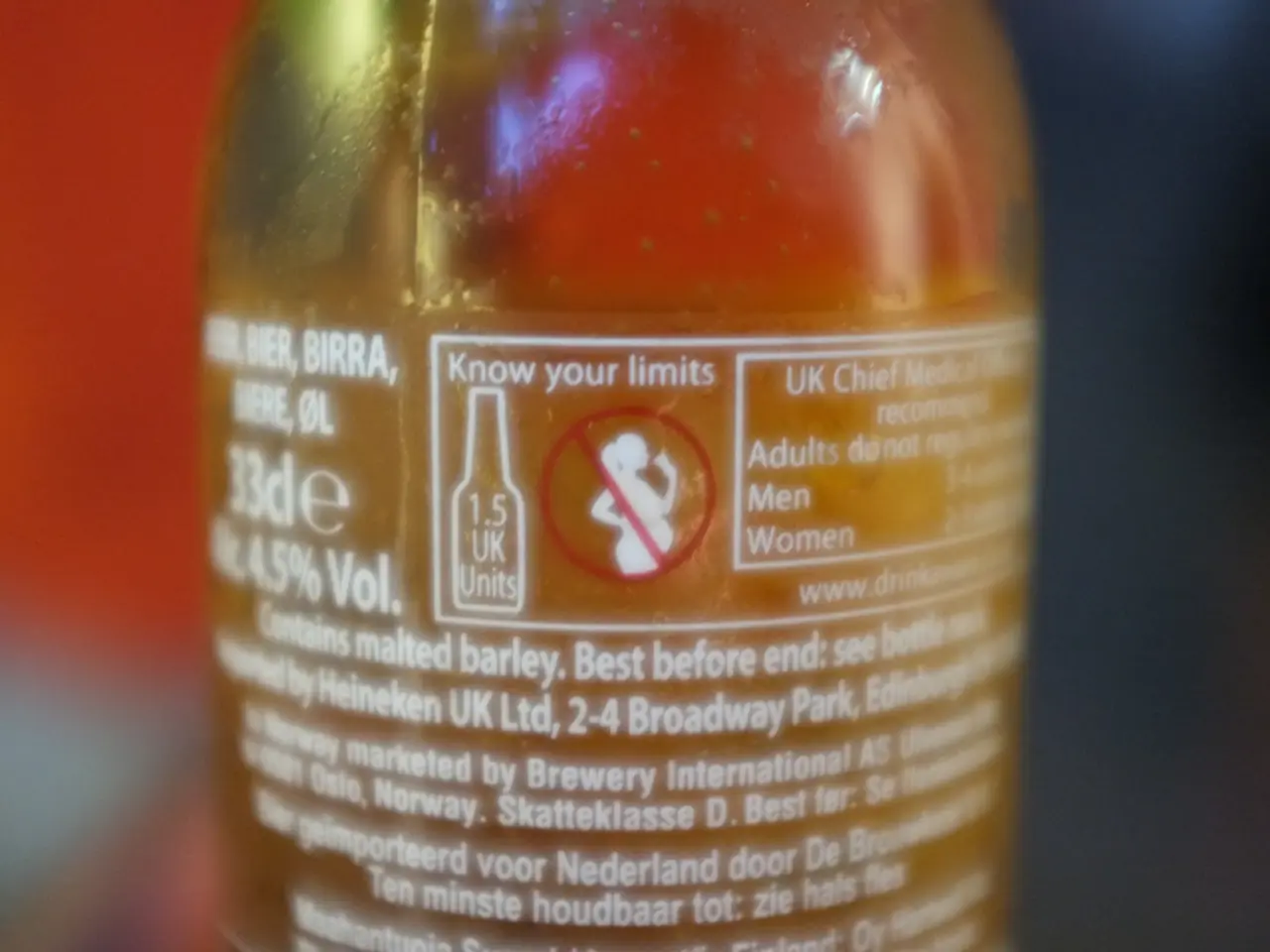Interactions with Lexapro: Learn about other drugs, alcohol, and additional factors to consider
Lexapro, a selective serotonin reuptake inhibitor (SSRI) prescribed for major depressive disorder and generalized anxiety disorder, can interact with certain substances and conditions. Here's what you need to know to ensure safe use.
Lexapro and Monoamine Oxidase Inhibitors (MAOIs)
The combination of Lexapro and MAOIs is contraindicated due to a serious risk of serotonin syndrome—a potentially life-threatening condition caused by excessively high serotonin levels in the brain. Examples of MAOIs that can interact dangerously with Lexapro include isocarboxazid, phenelzine, tranylcypromine, selegiline, and rasagiline. These MAOIs treat depression or Parkinson’s disease but pose interaction risks with Lexapro.
Serotonin Syndrome Symptoms and Risks
Serotonin syndrome symptoms include confusion, agitation, restlessness, muscle rigidity, high fever, sudden high blood pressure, severe seizures, and gastrointestinal symptoms such as nausea, vomiting, and diarrhea. Because of these risks, doctors carefully manage timing when switching patients between Lexapro and any MAOI, ensuring a safe washout period to avoid overlap.
Other Substances to Avoid with Lexapro
- St. John's wort or tryptophan: These substances could increase the risk of serotonin syndrome as a side effect of the drug.
- Pimozide: Combining Lexapro with pimozide could increase your risk of serious side effects from either drug, specifically a higher risk of heart problems, including irregular heart rhythm.
- Cannabis (marijuana) and cannabis products, such as cannabidiol (CBD): While there are no specific reports of interactions, it's recommended to talk with your doctor before using cannabis in combination with Lexapro.
Safety Considerations for Taking Lexapro
- Pregnancy: It may not be safe to take Lexapro during the last 3 months of pregnancy.
- Kidney problems: It's not known whether Lexapro is safe for people with severe kidney problems, such as kidney failure.
- Breastfeeding: Lexapro can pass into breast milk, which may lead to side effects in a child who's breastfed.
- Allergic reactions: If you have an allergic reaction to Lexapro or any of its ingredients, your doctor will likely not prescribe Lexapro.
Food, Alcohol, and Lab Tests
There are no specific reports of food interactions with Lexapro, and taking Lexapro with alcohol can worsen certain side effects of the drug. However, the manufacturer recommends avoiding alcohol while taking Lexapro. There are no specific reports of lab tests interacting with Lexapro.
Interactions and Precautions
An interaction occurs when one substance causes another substance to have a different effect than expected. Certain medical conditions and other factors may increase the risk of interactions with Lexapro, such as being younger than 25 years old, seizures, mania or bipolar disorder, dehydration or taking diuretics, narrow eye angles, bleeding problems, severe kidney problems, liver problems, pregnancy, breastfeeding, and more.
Form and Administration of Lexapro
Lexapro comes as a tablet that you swallow, and it used to come as an oral liquid suspension, but this form has been discontinued.
It's essential to discuss any potential interactions or safety concerns with your doctor or pharmacist before starting Lexapro or combining it with other medications, supplements, or substances. Always follow your doctor's instructions and report any unusual symptoms promptly.
Read also:
- Adolescent Joint Discomfort: Origins, Indicators, and Remedies
- Exploring Treatment Methods for Bladder Cancer: A Comprehensive Look
- Experiencing pain levels associated with bladder sling surgery: Insights on perioperative, postoperative, and beyond pain management
- In Russia, there has been a proposal to boost the birth rate






